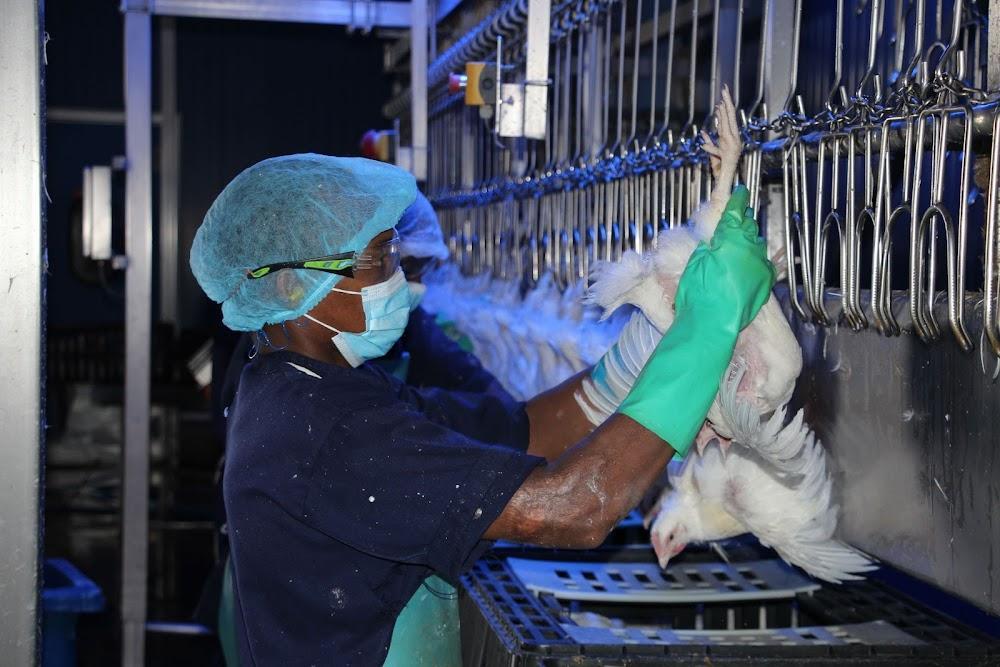Africa-Press – Eritrea. A new report has argued that the “triple full” in food demand offers untapped potential for Africa’s food processors if they can rise to the challenge.
The latest publication by the Malabo Montpellier Panel highlights how the rise in population, urbanisation and middle-class incomes are converging to create vast market opportunities for processed foods across the continent.
Co-chair of the Malabo Montpellier Panel Ousmane Badiane noted that a growing class of wealthier, time-constrained, mostly urban populations in Africa are looking for shelf-stable, ready-to-eat, ready-to-cook, or easy-to-prepare processed foods.
“This demographic is changing the types and amounts of food in demand, and the food processing sector must advance rapidly to keep pace,” he said.
The report showed that Africa’s population is projected to grow by 2.5 per cent annually, from 1.2 billion in 2016 to 2.4 billion by 2050.
At the same time, the continent’s urban population is projected to increase from approximately 43 per cent in 2020 to 60 per cent by 2050, with the middle class projected to account for 42 per cent of the total population by 2060.
The report stated that processed foods can offer many benefits, such as the reduction of micronutrient deficiencies through large-scale food fortification.
The report added that governments and other stakeholders need to work together to implement strategies that address the challenges faced in the food processing sector and promote the production of healthy, safe, nutritious, and high-quality processed foods.
“A vibrant food processing sector creates jobs,” Distinguished Professor, Center for Development Research (ZEF), University of Bonn, and Co-Chair of the Malabo Montpellier PanelJoachim von Braun said.
“If carefully designed, Africa’s food processing can deliver more diverse, nutritious, less perishable, and more convenient foods that improve people’s well-being, contribute to sustainable economic growth across the continent, and especially women can benefit.”
The report added that as Africa’s youth population continues to grow and with one billion projected to be aged between 15 and 35 years by 2063, food processing offers a sustainable avenue for youth employment.
The report further said the sector is already responsible for almost a third of the total manufacturing employment in many countries in sub-Saharan Africa.
So far, the governments of Kenya and Senegal have prioritised the food processing sector as part of their broader development plans.
These are the Agricultural Sector Transformation and Growth Strategy and Plan Sénégal Émergent (PSE), respectively.
The Kenya Investment Authority attracts investment through the Special Economic Zones and Export Processing Zones programs by offering tax incentives, reduced electricity tariffs and lower land costs.
In Senegal, initiatives such as the National Fund for Agro-Sylvo-Pastoral Development finance smallholders for increased agricultural yield, alongside the Sovereign Funds of Strategic Investments created to support the establishment of food processing Small and Medium-sized Enterprises.
The report showed that Ghana has also made strides with the transition.
For instance, the Government of Ghana’s Ten Point Industrial Transformation Agenda, through flagship programs such as One District One Warehouse (to minimize postharvest losses), One District One Factory (to enable food processors to acquire finances and incentives), and the establishment of Industrial Parks have created an ecosystem for innovation and entrepreneurship in food systems through value addition.
Source: The Star
For More News And Analysis About Eritrea Follow Africa-Press







